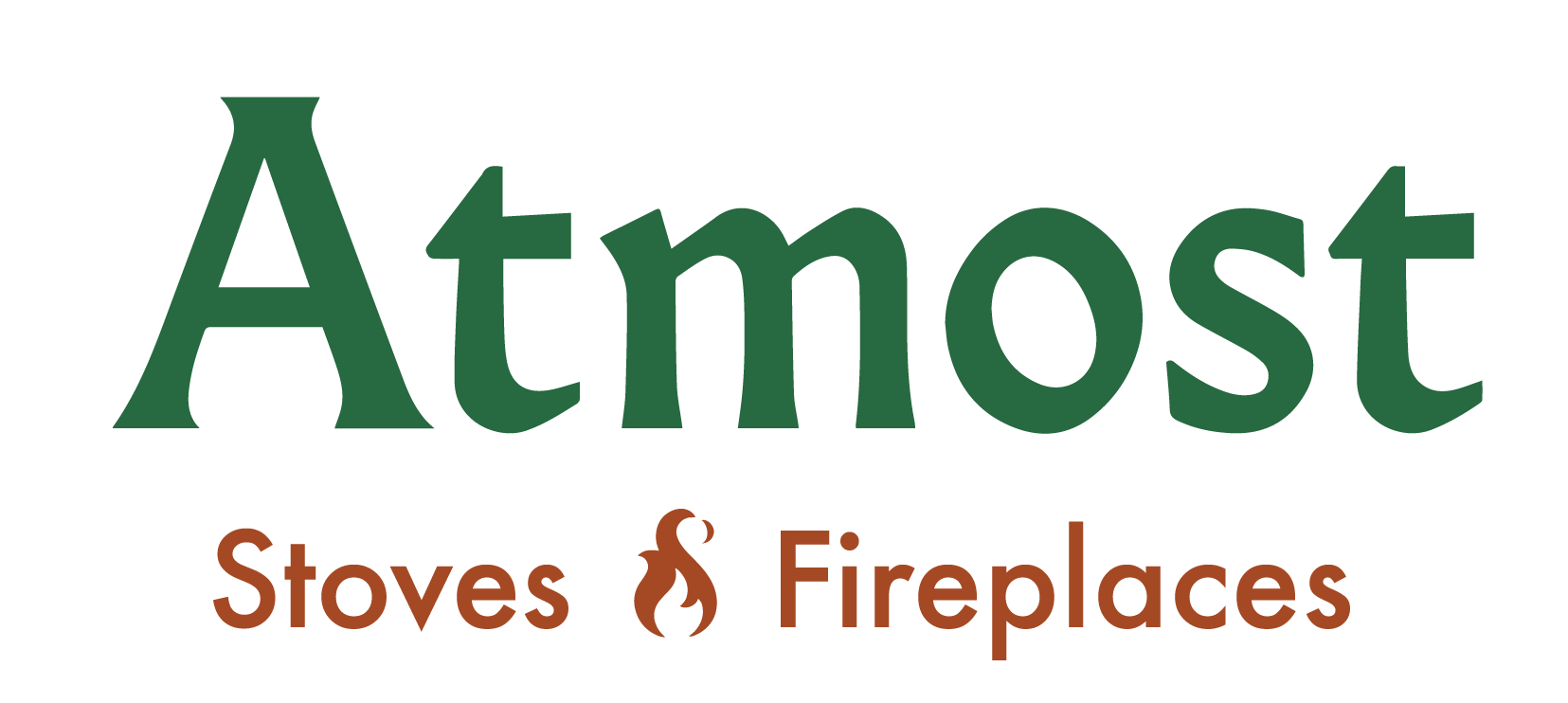The importance of sweeping your Chimney
It is important to keep your chimney clean. Sweeping your chimney reduces the risk of chimney fires and also helps the stove or fireplace draw more efficiently.As well as sweeping your chimney regularly, there are a number of things that can be done to decrease your chances of a chimney fire:
- Do not starve your fire of oxygen. Chimney fires usually occur when a stove is wrongly and inefficiently run. Closing the air inlet completely (running a fire oxygen starved) can drastically increase the chances of a chimney fire as it prevents the firewood from burning completely – this allows the gases to leave deposits in the chimney before exiting. The flame ‘dancing’ on the wood is a good indication that there is the correct amount of air being supplied to the stove. (The majority of our stoves and fireplaces are designed in a way to eliminate oxygen starvation as the air vent never completely closes).
- Keeping your chimney clean. Having your chimney swept regularly removes most of the flammable creosote deposits which act as fuel in a chimney fire and therefore drastically reduces the chance of a chimney fire.
- Using the right fuel for your fireplace or stove is important. Seasoned firewood burns cleaner and more efficiently, thus leaving less creosote deposits and is also more environmentally friendly. For the same reasons it is also important to burn good quality hardwoods such as Ash, Oak and Birch as they don’t contain a lot of natural resins.
- Do not use painted wood as this is toxic and leaves deposits in the chimney.
Do’s and don’ts in the case of a chimney fire.
- Call the emergency services (112) for help.
- If it is safe block off all the oxygen to kill off the fire. If the stove has a door, close it tightly and close the air vent.
- Do not throw water from the top as it is dangerous and will only cause more damage.
- Always avoid having flammable materials close to the fireplace or stove.
Feel free to contact Atmost with any questions or for more information.
*The above is intended as general information only. Seek advice as each situation can vary.
